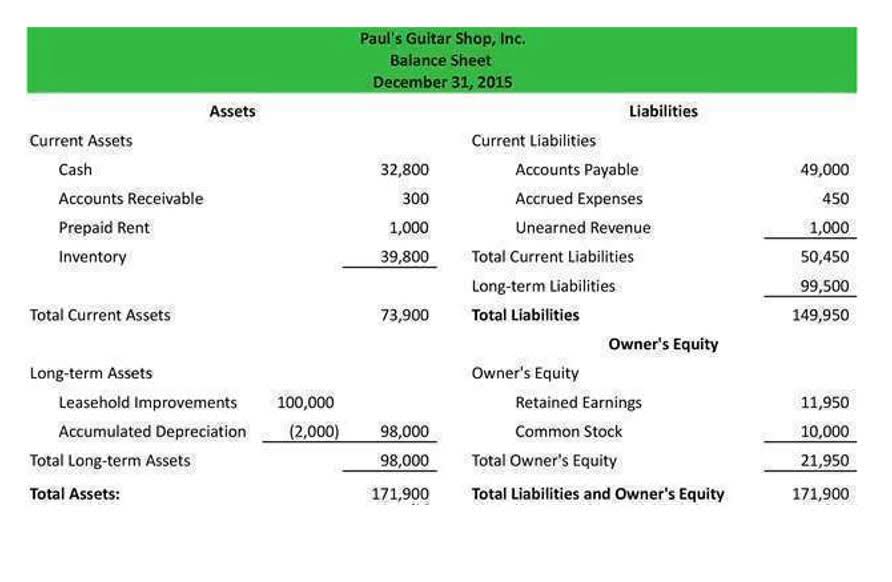
When the company has the cash overage in the petty cash fund, it can make the journal entry by debiting the expenses account and crediting the cash over and short account together with the cash account. The term cash over and short refers to an expense account that is used to report overages and shortages to an imprest account such as petty cash. The cash over and short account is used to record the difference between the expected cash balance and the actual cash balance in the imprest account.

Real-World Example of Cash and Cash Equivalents

Chartered accountant Michael Brown is the founder and CEO of Double Entry Bookkeeping. He has worked as an accountant and consultant for more than 25 years and has built financial models for all types of industries. He has been the CFO or controller of both small and medium sized companies and has run small businesses of his own. He has been a manager and an auditor with Deloitte, a big 4 accountancy firm, and holds a degree from Loughborough University. As the investigation deepens, it’s beneficial to engage various members of the team, leveraging their insights and experiences. This collaborative approach can uncover patterns or practices that may not be immediately evident to the accounting department alone.
Prepaid Assets
The cash over and short account is used when an imprest account, such as petty cash, fails to prove out. The account is typically left open until the end of a company’s fiscal year, when it is then closed and reported as a miscellaneous expense on the income statement. Assume the same situation except that I receive $94 instead what is cash over and short of $96 for the sale. Now cash is debited for $94, the sales account is credited for $95, and cash over and short is debited for $1. Over and short—often called “cash over short”—is an accounting term that signals a discrepancy between a company’s reported figures (from its sales records or receipts) and its audited figures.
Our Review on The Credit One Credit Card
Inventory that a company has in stock is not considered a cash equivalent because it might not be readily converted to cash. Also, the value of inventory is not guaranteed, meaning there’s no certainty in the amount that’ll be received for liquidating the inventory. In order to clearly understand this cash over and short, let’s go through the examples below. On the heels of a poor jobs report, widespread fears of a U.S. recession sent global markets tumbling Monday, with the Dow Jones Industrial Average falling by more than 1,000 points on the day. It said its new rules would require banks and building societies, when considering branch closures, to fill gaps in cash access with measures such as banking hubs, ATMs and Post Office facilities. Stricter rules on ensuring banks and building societies offer access to cash have been announced by the City watchdog, the Financial Conduct Authority (FCA).
A controller conducts a monthly review of a petty cash box that should contain a standard cash balance of $200. He finds that the box contains $45 of cash and $135 of receipts, which totals only $180. This cash shortfall is recorded as a debit to the cash over and short account (which is an expense) and a credit to the petty cash or cash account (which is an asset reduction). In the realm of financial management, pinpointing and reconciling cash over and short is a nuanced process that begins with the meticulous tracking of daily transactions.
The initial focus typically centers on the most recent transactions, as these are often where errors occur. It’s important to approach this inquiry with an open mind, considering all possible sources of error, from unintentional mistakes to deliberate acts of theft. “I think what we’re seeing is a little bit of an overreaction in terms of weakness in the labor market that we saw in the U.S. jobs report for the month of July on Friday,” Daco said.
- If the cash in the register is less than the sales there is said to be a cash shortage.
- When we give too much change to customers, it means that we make change more than it should be.
- Also, the value of inventory is not guaranteed, meaning there’s no certainty in the amount that’ll be received for liquidating the inventory.
- Stricter rules on ensuring banks and building societies offer access to cash have been announced by the City watchdog, the Financial Conduct Authority (FCA).
- If a company has cash or cash equivalents, the aggregate of these assets is always shown on the top line of the balance sheet.

It may be inefficient to sit on these resources instead of deploying them for company growth or rewarding investors with dividends. But understanding how to record this type of journal entry is essential for properly tracking and balancing your finances. Double Entry Bookkeeping is here to provide you with free online information to help you learn and understand bookkeeping and introductory accounting.
- However, both types of financial instruments are very similar and yield similarly low yields.
- The insights gained from audit reports can drive strategic improvements in cash management protocols, ultimately strengthening the company’s financial foundation.
- In addition, the company may not have preferential positioning in bankruptcy or liquidation proceedings.
- Cash over and short scenarios often stem from a variety of operational mishaps.
- It is used in businesses that use cash in day-to-day operations, for example, retail stores and restaurants.
Calculate the Sum of Vouchers
- The ability to accurately track and handle cash transactions directly impacts the integrity of a company’s financial statements and its overall fiscal health.
- You must adjust your books by recording a cash-short journal entry to balance out these discrepancies.
- Count the money remaining in your petty cash account at the end of an accounting period.
- They can affect trust with stakeholders, lead to potential losses, and even expose a company to fraud.
- As the investigation deepens, it’s beneficial to engage various members of the team, leveraging their insights and experiences.
It may seem like a small item to track, but think of it from the point of view of a retail or restaurant chain where millions of dollars pass through the cash registers every day. Every time a register is short, the company’s expenses increase and profits decrease. A series of cash overs and shorts may be a sign of theft or other problems in the company. Exceptions can exist for short-term debt instruments such as Treasury-bills if they’re being used as collateral for an outstanding loan or line of credit. In other words, there can be no restrictions on converting any of the securities listed as cash and cash equivalents.

